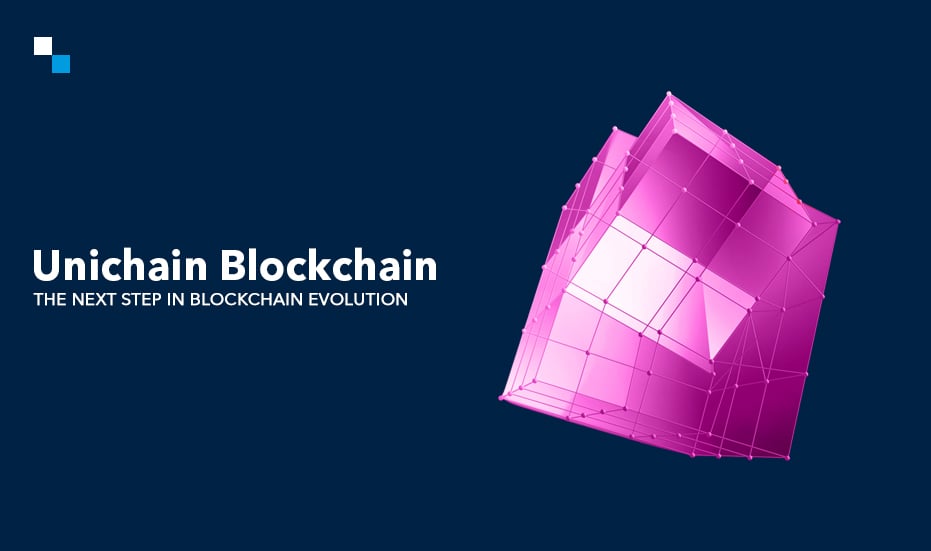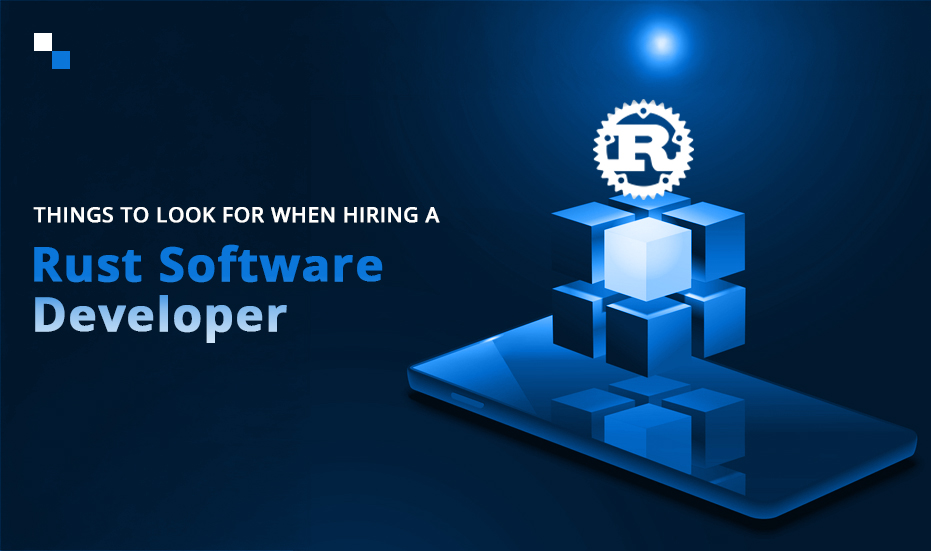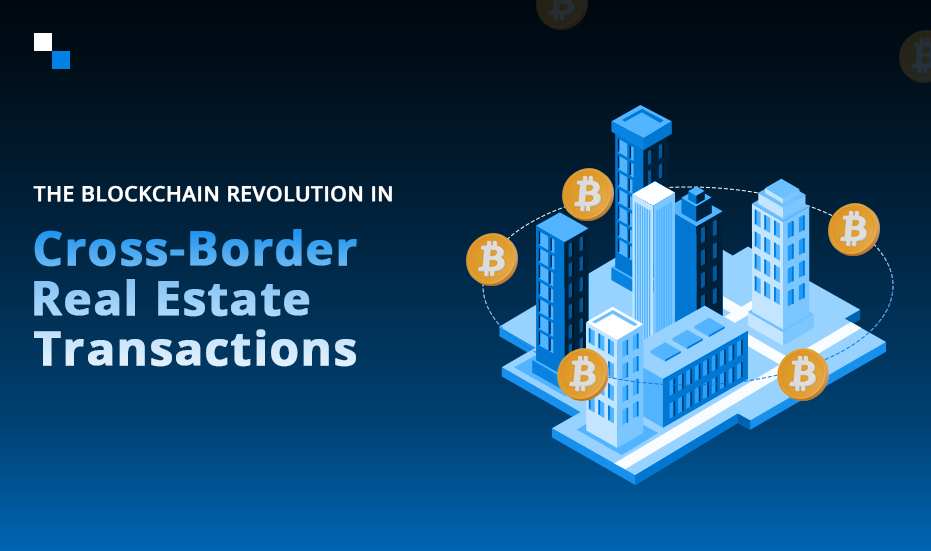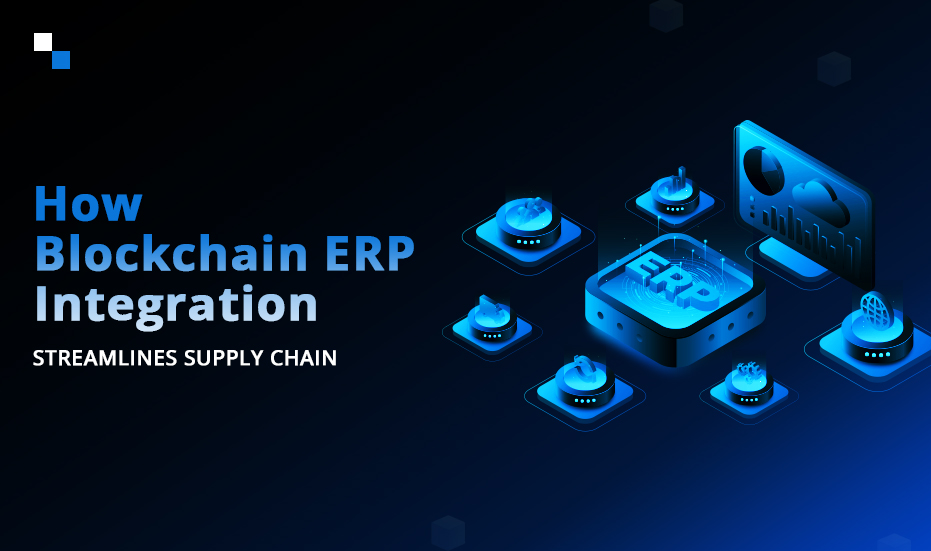
A Strategic Cost-Benefit Analysis of White-Label Wallet Debit Cards
November 14, 2024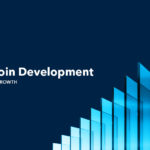
Exploring How Stablecoins Can Power DeFi Applications and Enhance the Ecosystem
November 18, 2024Uniswap is a leading decentralized exchange (DEX) launched in 2018 has processed $2.4T in volume, scaled to millions of users, and has totaled almost half a billion-lifetime trades since its founding. It also introduced the innovative concepts of Automated Market Makers (AMMs) and liquidity pools, making it a pioneer among DEXs. Despite these progresses, Uniswap protocol, like other DeFi apps built on Ethereum, still faces major challenges, including high transaction costs, network congestion, limited scalability, transaction inefficiency, slower block validation times, and more. To address these limitations, Uniswap Labs introduced a pivotal solution in 2024- the Unichain blockchain, a DeFi-focused Layer 2 network designed to overcome the drawbacks of transacting directly on Ethereum.
In this blog, we’ll explore what Unichain blockchain is, its key features, use cases, and what makes it stand out in an increasingly competitive market.
Unichain- An Ethereum L2 Designed for DeFi
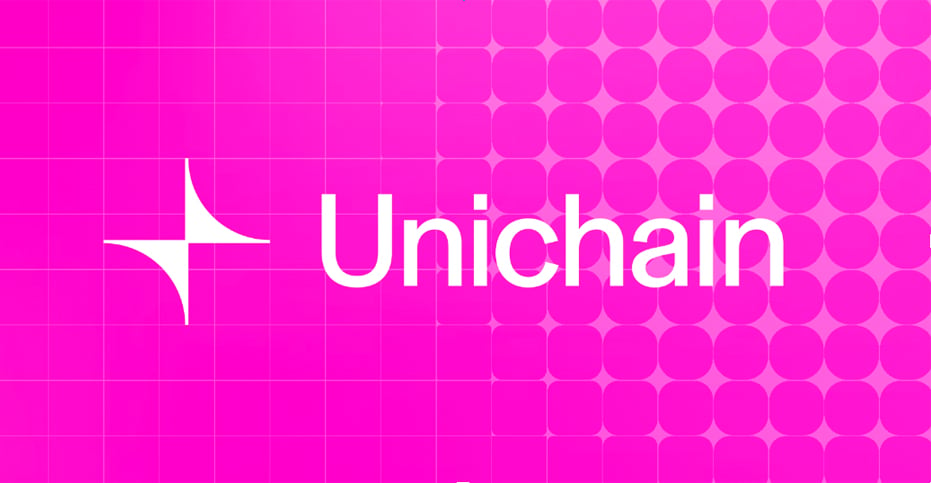
Unichain is a highly scalable layer 2 blockchain network built on Optimism’s OP Stack technology by the Uniswap Labs team. This layer 2 network is built with the aim of delivering faster, more affordable transactions and enhanced liquidity for decentralized finance (DeFi) applications.
Unichain is an optimistic rollup solution that works seamlessly with Ethereum’s virtual machine (EVM). Built on OP Stack technology, it’s part of the Optimism Superchain—a network of interconnected optimistic rollup platforms. This allows Unichain to communicate and operate with other networks in the Superchain easily.
The testnet was launched on October 10, with the mainnet set to launch in November. It heavily relies on the technological infrastructure of Optimism’s OP Stack, Ethereum Layer-2, & block builder Flashbots.
Explore the Core Features of Unichain
- Low Gas Fees
The most interesting feature of the Unichain blockchain is that it moves transaction processing to Layer 2, which ultimately reduces gas fees by 95% as compared to directly transacting on Ethereum. This feature makes it one of the best layer 2 scaling solutions to bet on especially when it comes to cutting down the gas fees.
- High Transaction Execution Speed
Unichain blockchain is also popular for its block production times of just one second. It means it is twelve times faster than Ethereum’s block times, making it a layer 2 network with a high transaction execution speed. This feature enhances the efficiency of DeFi operations through reduced slippage rates and further declines the occurrence of failed transactions. All of these perks contribute to the enhanced user experience.
- Decentralized Block Validation
Unichain layer 2 blockchain functions as its own validator nodes for enhanced network efficiency, decentralization, & overall transparency. Node operators must stake UNI on the Ethereum network to become a validator on Unichain.
- Transparent Block Validation & Sequencing
Another thing that appeals to businesses and blockchain enthusiasts about Unichain blockchain is that it separates the role of block building from sequencing using a Trusted Execution Environment (TEE). Here, block building refers to the process of building and managing transactions within a block, whereas sequencing ensures the correctness of block ordering on-chain.
This separation enables independent verification of blockchain validation and sequencing processes, reducing the risk of manipulation from the sequencer alone.
- Cross-Chain Compatibility
Unichain is a member of OP Superchain, which makes it highly compatible with rollup networks within the ecosystem. This cross-chain compatibility opens the door for new opportunities for a variety of cross-platform DeFi solutions.

The Working of Unichain Blockchain
Unichain functions as an optimistic layer 2 rollup designed to enhance the scalability of Ethereum while reducing transaction costs. Here’s how it functions:
- Layer 2 Integration: Unichain blockchain is built on top of Ethereum, using it as the base Layer 1 blockchain while processing transactions off-chain for better efficiency and scalability.
- Validators and Sequencer: Unichain layer 2 blockchain utilizes its own validators to confirm the integrity of transactions. These validators are decentralized, ensuring that no single entity, like the sequencer (run by Uniswap Labs), can control the network. The sequencer’s role is to broadcast pre-built blocks for validation.
- Trusted Execution Environment (TEE): The validation of blocks occurs within a TEE, a secure enclave that ensures transparency and the integrity of transaction processing. This setup helps prevent the creation of conflicting or invalid blocks, a common issue on Ethereum that leads to transaction failures.
- Transaction Speed and Scalability: Unichain’s block production time is optimized at one second, with plans to further enhance scalability by introducing sub-blocks that process transactions in 0.25 seconds.
By utilizing these methods, Unichain addresses the inefficiencies of Ethereum, delivering faster, cheaper, and more reliable transactions for decentralized applications and DeFi protocols.
Key Use Cases of Unichain Blockchain
Unichain’s layer 2 scaling solutions address the challenges of scalability, cost, and speed that traditional blockchains face, making them highly adaptable across industries:
- Decentralized Finance (DeFi): Unichain’s advantage of fast, low-cost transactions allows DeFi platforms to process thousands of transactions per second, supporting seamless lending, borrowing, and trading without the congestion or high fees of Layer 1 networks.
- Non-Fungible Tokens (NFTs): For the rapidly growing NFT market, the Unichain crypto blockchain offers affordable fees and fast transaction speeds, making it ideal for minting, trading, and auctioning digital assets.
- Gaming: The high throughput and low transaction costs benefit of Unichain blockchain also improves gaming experiences by supporting instant in-game transactions, which is pivotal for tokenized economies and decentralized gaming platforms.
- Supply Chain Management: With its scalable network, Unichain layer 2 blockchain enables real-time tracking and verification across supply chains that increase transparency and efficiency while reducing operational costs.
Closing Thoughts
Unichain blockchain is emerging as a pivotal player in the layer 2 space, offering solutions to the most pressing issues faced by blockchain networks today. Its scalability, security, cost-efficiency, and developer-friendliness make it an appealing choice for decentralized applications and enterprises looking to leverage blockchain technology.
As more industries adopt blockchain for various use cases, Unichain’s role in providing scalable, fast, and affordable solutions will likely continue to expand, solidifying its position as one of the leading Layer 2 networks in the blockchain ecosystem. As a leading provider of Layer 2 scaling solutions, Antier knows how to help both budding entrepreneurs and well-established businesses leverage the Unichain blockchain for their projects. Connect with our team for expert assistance!
